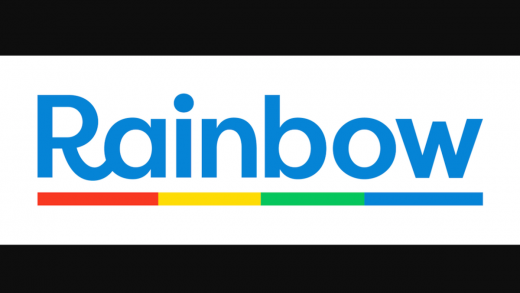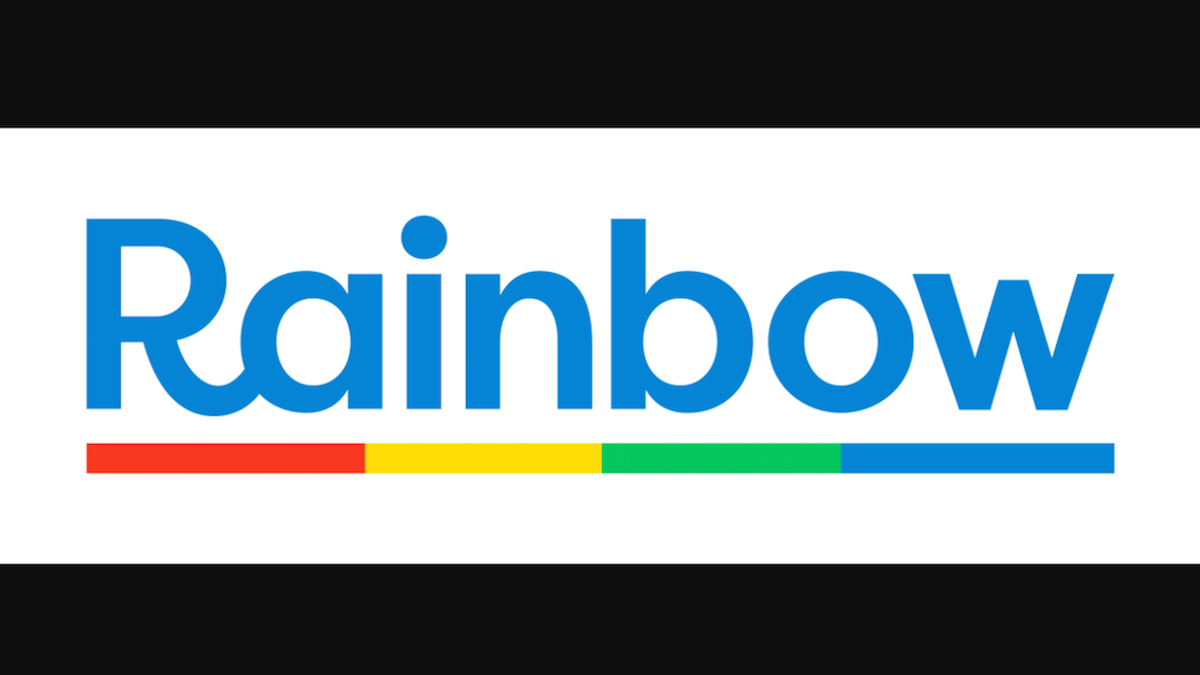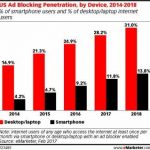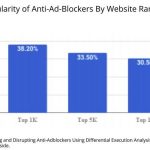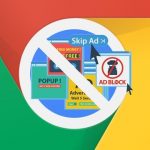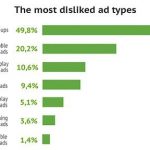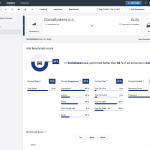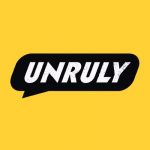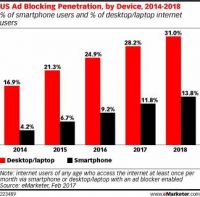Shine is now Rainbow, dropping network-level ad-blocking for ad-filtering
The company says it has always been about customer experience, but now it’s screening ads against IAB and other standards.
The company formerly known as Shine has sunsetted its name, leaving behind a Rainbow.
And it’s not in the business of blocking ads at the network level, as many thought. It’s now screening ads for user experience at a network level.
Based in Tel Aviv, the startup Shine gained recognition a year ago because it was slated to provide ad blocking at a network level for mobile carrier Three in the UK and Italy.
As the announcement by the carrier stated at the time: “Three UK and Three Italy have successfully collaborated with Shine Technologies on implementing Shine’s ad blocking technologies in their networks.”
Three added that this ad-blocking service prevented customers from paying for data costs to receive ads, and it more fully protected privacy and secrecy.
But, Shine CRO James Collier told me, his company never really provided the ad blocking.
We “never fully deployed network level ad blocking” for Three, he said. Instead, he reported, when the company installed anti-malware software at the network level, it “identified fraud by advertisers.” The goal was a better consumer experience.
But, CMO Roi Carthy acknowledged, Shine had deployed ad blocking for carrier Digicel in the Caribbean.
In any case, Shine decided to change its name to Rainbow, and to change its service from not-really-ad-blocking to ad filtering. (The press announcement from Shine/Rainbow announcing these changes notes that it is “no longer selling ad blocking to mobile carriers,” indicating that it once did.)
The new Rainbow service, also at a network level and also with Three initially, will automatically screen ads to make sure they conform with the Interactive Advertising Bureau’s LEAN standards and other industry guidelines that define ad dimensions, size and other parameters to provide better customer experiences. There is no screening for viruses or other malware in the ads.
The company sees itself as a kind of brand safety service, and it’s not itself providing ads. Advertisers can’t pay to be whitelisted, as with the ad blocker Adblock Plus. Although Google and other networks provide some kinds of ad filtering, Carthy said that “no one else is screening at the network level” to see that mobile ads meet user experience standards.
Here’s one of the ads for the Rainbow service:
Submitted ads — web and in app, static or video but not native — are pre-verified ahead of their serving, or they can be verified in real time. Customers can opt in for the service, which is free, or they can choose to see the ads as they normally would. Customers who do join see only the ads that pass the filter, except they see all native ads.
There is also no charge to publishers or advertisers for the service, which launches at the end of this summer. In addition to Three, Collier said Rainbow is working with an unnamed “top 3 global advertising agency group and a global media/content group.”
Rainbow makes its money by providing data, such as its Insights subscription service that uses the carrier’s network-level data to report whether specific ads reached their targeted segment of users. Insights also provides data on viewability and other performance metrics.
Carthy noted that his company doesn’t collect data, but processes it and makes it available.
In a beta test lasting several weeks and involving several thousand customers, Carthy said, 73 percent opted in for the service, which he said received the highest brand favorability of all services offered by Three.
Marketing Land – Internet Marketing News, Strategies & Tips
(61)

